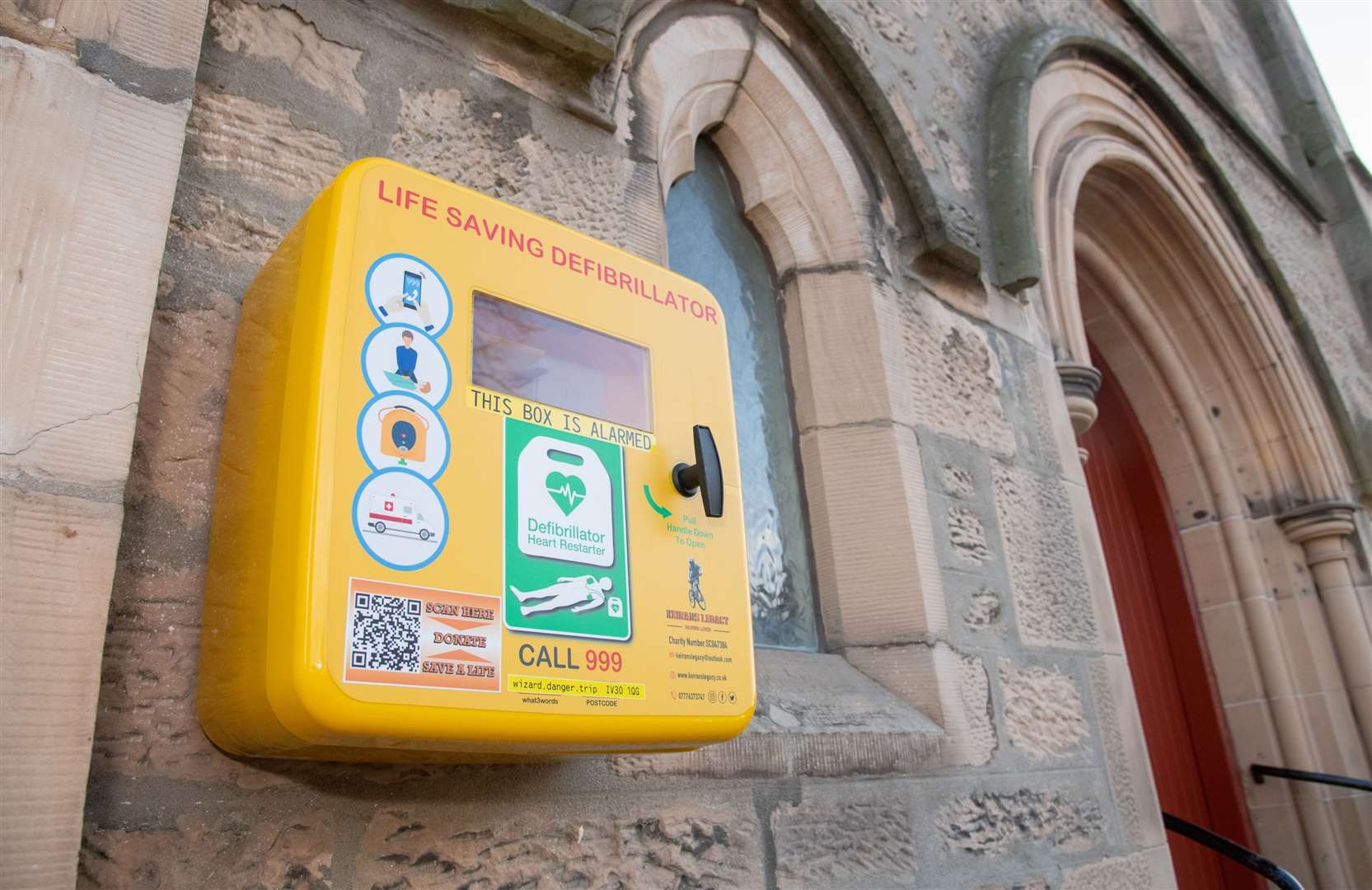Health
MP Jamie Stone Urges Review of Defibrillator Regulations in Scotland

Jamie Stone, Member of Parliament for Caithness, Sutherland and Easter Ross, is advocating for a comprehensive review of regulations surrounding defibrillators to enhance their availability in rural and remote communities. Speaking during a recent parliamentary debate, Stone highlighted the need for changes to ensure that these life-saving devices are both accessible and affordable, particularly for those living in the far north of Scotland.
During his address, Stone proposed that the cost of defibrillator pads and batteries should be exempt from Value Added Tax (VAT), emphasizing their classification as essential medical equipment. He pointed out that, under current legislation, it is an offence to misuse or remove other life-saving devices, such as life belts, and suggested that defibrillators should receive similar legal protections.
Challenges in Remote Areas
Stone underscored the unique challenges faced by his constituents, noting that response times to medical emergencies are significantly longer in the Highlands. As one of the northernmost constituencies in the United Kingdom, residents often experience delays in accessing emergency health services. He criticized the Scottish National Party (SNP) for centralizing health services from Caithness to Inverness, arguing that this decision has worsened the accessibility issue, leaving communities without critical resources.
“The logistics of transporting ambulances over long distances mean that vital equipment, including defibrillators, is often unavailable in northern areas while ambulances travel south for treatment,” Stone stated. He described this situation as a dangerous legacy of the SNP’s policies, which he believes have prioritized centralization over local health needs.
Call for Government Action
Stone called on the government to prioritize the accessibility and affordability of defibrillators, highlighting a conversation he had with a local community first responder. He learned that the costs associated with servicing these devices can be prohibitively high, which may deter their maintenance and availability.
“Making these life-saving devices more accessible and affordable should be a priority for any government,” Stone asserted. “The idea that this equipment should be transported from areas like Wick to hospitals hours away is both infuriating and unjust. At the end of the day, health does not respect regions or borders; everyone deserves access to life-saving care, regardless of where they live in the UK.”
Stone’s statements reflect a growing concern over the impact of policy decisions on health service delivery in remote areas. By advocating for legislative changes, he aims to ensure that vital medical equipment is available when and where it is needed most, ultimately working towards better health outcomes for his constituents.
-

 Health3 months ago
Health3 months agoNeurologist Warns Excessive Use of Supplements Can Harm Brain
-

 Health3 months ago
Health3 months agoFiona Phillips’ Husband Shares Heartfelt Update on Her Alzheimer’s Journey
-

 Science1 month ago
Science1 month agoBrian Cox Addresses Claims of Alien Probe in 3I/ATLAS Discovery
-

 Science1 month ago
Science1 month agoNASA Investigates Unusual Comet 3I/ATLAS; New Findings Emerge
-

 Science4 weeks ago
Science4 weeks agoScientists Examine 3I/ATLAS: Alien Artifact or Cosmic Oddity?
-

 Entertainment4 months ago
Entertainment4 months agoKerry Katona Discusses Future Baby Plans and Brian McFadden’s Wedding
-

 Science4 weeks ago
Science4 weeks agoNASA Investigates Speedy Object 3I/ATLAS, Sparking Speculation
-

 Entertainment4 months ago
Entertainment4 months agoEmmerdale Faces Tension as Dylan and April’s Lives Hang in the Balance
-

 World3 months ago
World3 months agoCole Palmer’s Cryptic Message to Kobbie Mainoo Following Loan Talks
-

 Science4 weeks ago
Science4 weeks agoNASA Scientists Explore Origins of 3I/ATLAS, a Fast-Moving Visitor
-

 Entertainment4 months ago
Entertainment4 months agoLove Island Star Toni Laite’s Mother Expresses Disappointment Over Coupling Decision
-

 Entertainment3 months ago
Entertainment3 months agoMajor Cast Changes at Coronation Street: Exits and Returns in 2025









